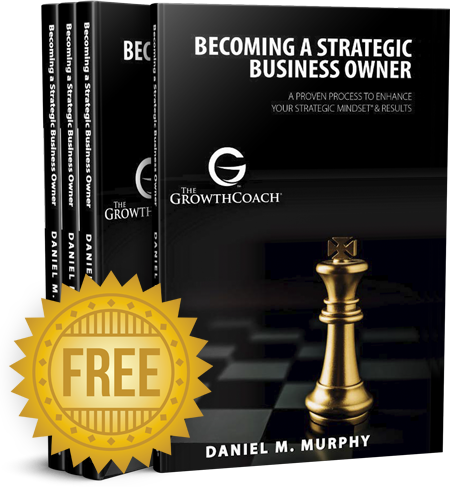While 2020 is in the rear-view mirror, the world is far from right-side up. And with uncertainty comes anxiety, especially for those who already suffered from it. In some cases, anxiety can push you forward and keep you busy – which can have its own negative side effects – but in this post, we’d like to talk about the other kind of anxiety… the kind that leaves you frozen.
We’ve all been there in one way or another – stuck between fight and flight, thinking about what our next steps should be, when we should take them, what they should look like and how we make sure they aren’t in the wrong direction. The trick is to find ways to overcome the paralysis of “if I don’t start, I can’t mess it up” because, when you own a business, not doing something automatically sets you up for failure, either in the short or long term future.
So how do you get moving? How can find ways to overcome anxiety and start taking steps forward, even if they are small steps? If you’ve suffered from anxiety before, you know being told “don’t worry” or “stop stressing yourself out” never, ever works. What does work? It’s not fail-proof, but at The Growth Coach, we’ve found that setting small, challenging – but achievable – goals, in 90-day batches, can make a huge difference.
Think about it like this – if your 2021 goal is to increase your business sales by 10 percent, you could spend January and February planning, March and April thinking about how you have plenty of time to take action on those goals, the summer just dealing with your busiest season and, by the time you get to September, you realize you haven’t made any of the changes you were going to make for 2021 and now the timeline is too short to reach your 10 percent goal, which takes you back to the beginning of the cycle. Then you start thinking about the next year and you’ve lost October, November and December.
However, if your 2021 goal is to grow your business by 2.5 percent each quarter, you give yourself an aggressive enough timeline to require you to step back, plan, take action, evaluate, improve and then take action again thout giving yourself the ability to put your plans on the backburner. Additionally, having smaller goals along the way can help drive you toward your long-term goals more quickly because, as you reach those smaller goals, you have an opportunity to celebrate your progress and set even bigger goals for the next 90 days.
Of course the idea of small goals is nothing new – many of us do well with daily checklists and our coaches have been utilizing a 90-day planner for years – but approaching your goals this way requires a mindset change. If it’s time for you to try something new, we’d encourage you to give it a try. And remember, your local Growth Coach is just a call away if you need help: https://www.thegrowthcoach.com/find-a-coach.

